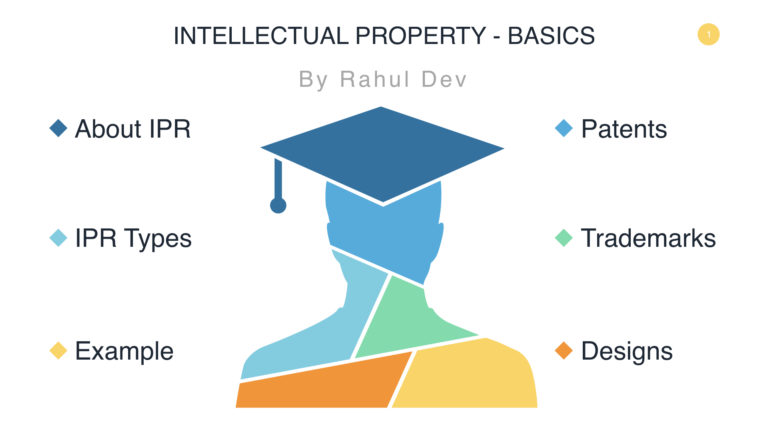
Intellectual Property lawyers or IP Attorneys assist clients in protecting intangible assets by patents or trademarks. Depending upon the types of assets, the protection under law is governed through patents, trademarks, copyrights, designs or trade secrets.
One interesting case study to understand intellectual property in its simplest form is to consider our shoe buying experience. To buy a new pair of shoes, a consumer decides to go for a particular brand like Nike. Brands attract their consumers through names (Nike), logo or tagline (Just do it). These marketing related aspects of a business are protected by way of trademarks. An example of NIKE trademark can be seen here, which has been filed in class 25 to cover goods including, clothing, boots, shoes and slippers.
**********
Advocate Rahul Dev is a Patent Attorney & International Business Lawyer practicing Technology, Intellectual Property & Corporate Laws. He is reachable at rd (at) patentbusinesslawyer (dot) com & @rdpatentlawyer on Twitter.
Quoted in and contributed to 50+ national & international publications (Bloomberg, FirstPost, SwissInfo, Outlook Money, Yahoo News, Times of India, Economic Times, Business Standard, Quartz, Global Legal Post, International Bar Association, LawAsia, BioSpectrum Asia, Digital News Asia, e27, Leaders Speak, Entrepreneur India, VCCircle, AutoTech).
Regularly invited to speak at international & national platforms (conferences, TV channels, seminars, corporate trainings, government workshops) on technology, patents, business strategy, legal developments, leadership & management.